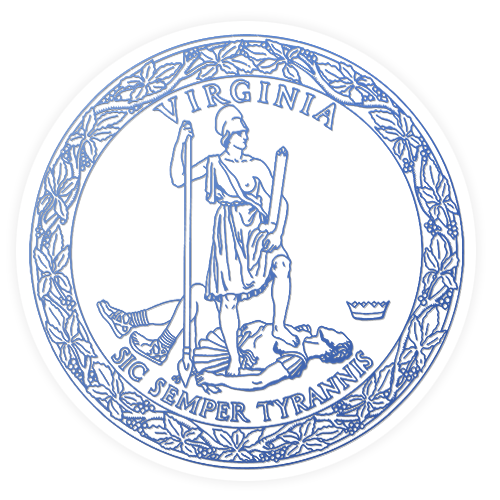
RICHMOND—Governor Ralph Northam announced that the application period for the inaugural Virginia Food Access Investment Fund (VFAIF) begins today and will remain open through April 30, 2021. VFAIF will provide grants between $5,000 to $50,000 to support business development, construction, rehabilitation, equipment upgrades, or expansion of grocery stores, small food retailers, or innovative food retail projects that increase food access in underserved communities.
“The COVID-19 pandemic has exacerbated the problem of food insecurity, and historically marginalized groups are bearing a disproportionate burden,” said Governor Northam. “This fund will support our ongoing work to strengthen local food systems by encouraging investment in food deserts and increasing access to affordable, nutritious food where it is needed most, which in turn will help stimulate regional economies and improve the overall health of our communities.”
Earlier this year, Governor Northam signed House Bill 1509, sponsored by Delegate Delores McQuinn, and Senate Bill 1073, sponsored by and Senator Jennifer McClellan, creating the Virginia Food Access Investment Program and Fund. Investing in innovative food retail strategies through the Virginia Food Access Investment Program and Fund is one of the goals outlined in the recently released Virginia Roadmap to End Hunger.
“Many Virginians face the challenge of finding enough adequate food to maintain a healthy diet for their families,” said Delegate Delores McQuinn. “This problem affects residents in urban and rural areas alike, especially those living in lower-income and minority communities. The Virginia Food Access Investment Fund provides resources to get farmers markets, mobile markets, grocery stores, co-ops, or corner store supermarkets into the communities that need them the most.”
Approximately 1.7 million Virginians—including 480,000 children—live in low-income areas with limited access to healthy foods. Virginia has dedicated significant federal stimulus funds to addressing food insecurity, including $219 million for the Pandemic EBT program through the Department of Social Services, $85 million for child nutrition programs, $7 million to support food banks, and $1.4 million to provide food boxes to Virginia families through the “We Care” initiative.
“Studies show that people residing in communities without a supermarket often suffer from disproportionately high rates of obesity, diabetes and other diet-related health problems,” said Senator Jennifer McClellan. “The Virginia Food Access Investment Fund can help right this wrong. Not only does the Virginia Food Access Investment Fund help position the Commonwealth as a leader in reducing food disparities, it also helps to build community assets, pride, and power by and with historically marginalized communities.”
VFAIF follows the Equitable Food-Oriented Development model of using food and agriculture to create economic opportunities and healthy neighborhoods in historically marginalized communities. Historically marginalized communities as defined within VFAIF are minority or underserved, and those experiencing low food access.
“Addressing food security remains a priority for this administration and the coronavirus pandemic has amplified the importance of this work,” said Secretary of Agriculture and Forestry Bettina Ring. “The Virginia Food Investment Fund is a unique opportunity to successfully develop and sustain community-based businesses, provide access to safe, healthy foods within the underserved areas of the Commonwealth, and support Virginia’s agriculture industry.”
The Virginia Department of Agriculture and Consumer Services (VDACS) will administer the program in partnership with a selected Community Development Financial Institution. The VFAIF application can be accessed through the VDACS website. A completed Equitable Food-Oriented Self-Assessment must accompany each application.
“VDACS is hiring a food access program coordinator to facilitate the VFAIF, provide technical assistance and outreach to grant applicants, and assist with the application process and grant implementation,” said VDACS Commissioner Jewel Bronaugh. “We are also scheduling several virtual workshops to assist potential partner food-based organizations with the application process.”
Additional information about VFAIF is available here. Questions about VFAIF program or the application workshops should be directed to Jennifer.Perkins@vdacs.virginia.gov.
# # #